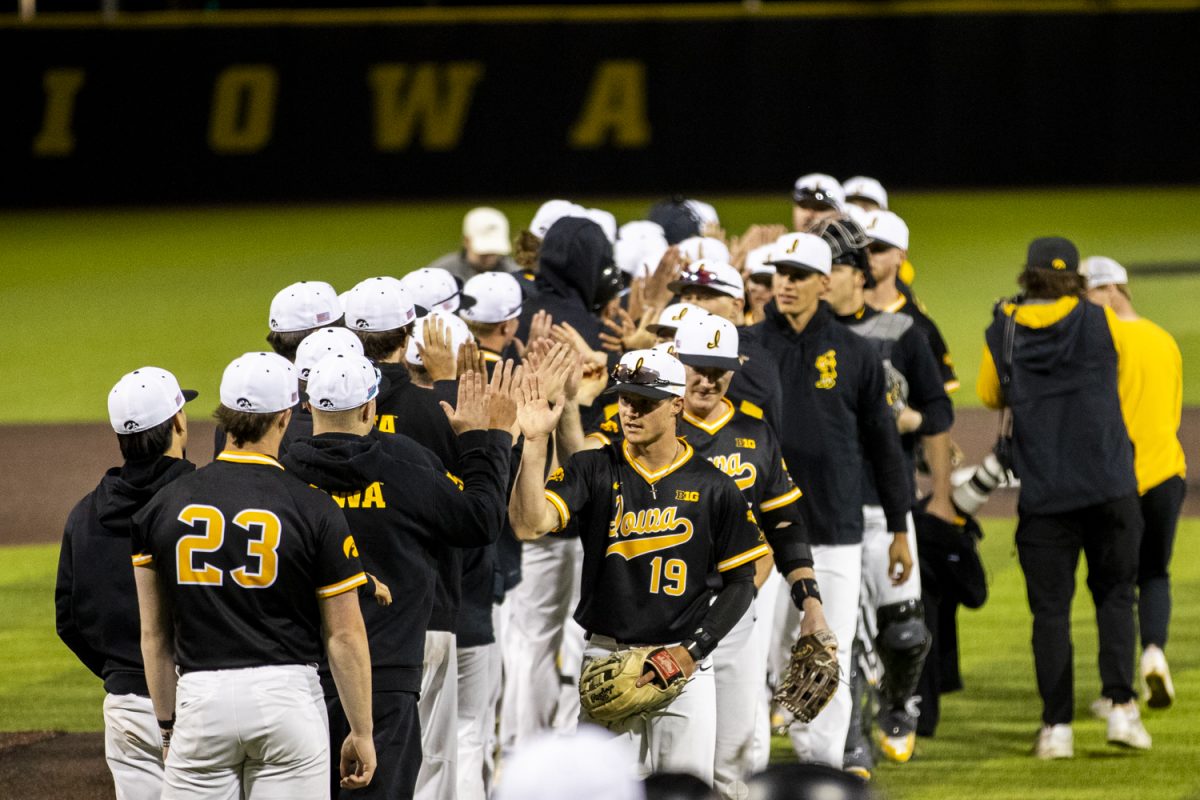It may have taken place 25 years ago, but each year, the emotional wounds of 96 families are reopened, the tragic deaths of their loved ones honored in soccer parks throughout the United Kingdom.
Hillsborough may be the ground where one of England’s oldest football clubs applies its trade, but since 1989, the word has taken on a different connotation, one of heartache and sadness — the site of the worst sporting disaster in British history.
On April 15, 1989, minutes into an FA Cup semifinal between Liverpool and Nottingham Forest, 96 men, women and children were crushed on the steel-fenced terraces of Hillsborough, fencing put up by many football clubs during the 1970s and ’80s to manage crowds.
Four days later, a story, published under the headline “The Truth” grossly misreported that fans of the Merseyside-based club had picked the pockets of victims and attacked and urinated on police and rescue workers, an elaborate cover-up, finally exposed just a year ago by a panel led by Home Secretary Alan Johnson.
The panel found that police had deliberately altered more than 160 witness statements in an attempt to blame Liverpool fans for the deaths of those crushed and that 41 of the 96 who died could have survived.
The solidarity between those Liverpool fans and their supporters was never more evident than on Sunday morning. Fans famous for lifting their team with their spirit, a stadium as loud as any in Europe sat silent, a remarkably observed minute of silence for the victims of Hillsborough, that in turn, spoke volumes about the emotions spilling over pitch side on the day.
Tears of sorrow were to be expected before the match, and they came. Cameras across Anfield caught elderly men weeping, single tears rolling down the cheeks of many of the clubs supporters; what wasn’t expected were tears of joy, especially those captured on the face of one of the club’s most famous players — a local lad by the name of Steven Gerrard.
As hours moved to minutes and the Liverpool captain watched the games final seconds tick away of what may become a famous 3-2 result over Manchester City, the hometown boy broke down.
Not because Gerrard’s team had beaten its title rivals to give him a chance at his first league title with the club. Not because Liverpool’s victorious display capped a day that put the club in poll position to win its first Premier League title since its inception in 1990.
Instead, Liverpool’s captain, hiding his tears as his teammates surrounded him, wept because of what it meant to his city. He let his emotion show because he is part of the story. He lives with it every day. He, himself, has been affected.
A camera managed to work its way into that huddle post match, and while the sound was inaudible for most of the clips duration, it did pick up Gerrard telling his teammates that the win was for the city of Liverpool.
On arguably the club’s greatest day in more thjan a half decade, players from all corners of the world put on a performance worthy of honoring the “96 in the sky.”
And that’s why sports matter.
Just like they did in New York in 2001, Boston in April 2013, and on a daily basis throughout the world.






